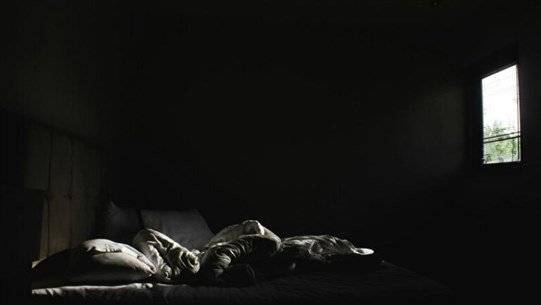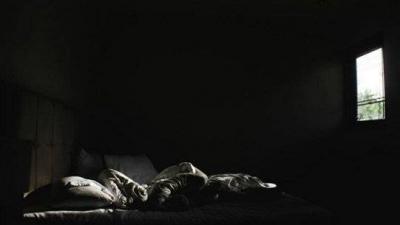A recent study has found that keeping your bedroom dark not only helps you get a good night's sleep but can also significantly reduce the likelihood of developing three major health issues. The results indicated that older men and women who used night lights or left TVs, smartphones, or tablets in the room were more likely to suffer from obesity, high blood pressure, and diabetes compared to adults who were not exposed to any light during the night. The study's lead author, Dr. Ming Ji Kim, an assistant professor of neurology at Northwestern University's Feinberg School of Medicine and Sleep Medicine in Chicago, stated, "Even a small amount of light at night may not be benign; it can be harmful."
However, she cautioned that the new study does not prove that light exposure during sleep causes any of these health conditions; it merely suggests a correlation. Kim noted that there could be a biological explanation beyond disrupted sleep that links light to an increased risk of obesity, diabetes, and high blood pressure. She explained, "It is not natural to see those lights at night. Light actually inhibits certain parts of the brain that tell our bodies it is day versus night. So these signals are disrupted in some way, as the biological clock's signaling weakens over time, which has health implications."
Over time, exposure to light may contribute to cardiovascular and metabolic diseases. Kim and her colleagues studied data from more than 550 participants in the Chicago Health Aging Study. Participants aged between 63 and 84 wore devices that measured the amount of light in their bedrooms over a week. The study found that less than half spent five hours in complete darkness while sleeping. Others were exposed to some light even during the darkest five hours in the middle of their night sleep.
The researchers stated they do not know whether obesity, diabetes, and high blood pressure are driving people to sleep with light on or whether light exposure is leading to the development of these conditions. However, they added that some individuals with foot numbness due to diabetes might prefer to use a night light to help prevent falls when they need to use the bathroom at night.
Emerson Wickwire, a professor and head of the Sleep Medicine Department at the University of Maryland School of Medicine, who was not part of the study but reviewed the findings, said that the results contribute to a growing body of scientific evidence showing the importance of the body's daily clock and sleep for overall health, especially among the elderly. Wickwire explained, "What these data show is that exposure to light at night increases the risks of two of the most common and costly chronic medical conditions in the U.S. and worldwide: obesity and diabetes, in addition to high blood pressure, a major risk factor for cardiovascular disease. While this study requires careful follow-up in future studies, these are exciting findings."
Wickwire noted that several factors may be responsible for the adverse health effects of light exposure. He said, "First, light at night can harm health by disrupting the circadian clock. In addition to sleep, biological clock health is crucial for disease prevention and optimal performance. Second, Wickwire noted that light is a powerful inhibitor of melatonin." He continued, "Melatonin, also known as the darkness hormone, is associated with various health properties, including anti-inflammatory and antioxidant properties. Light at night reduces melatonin."




